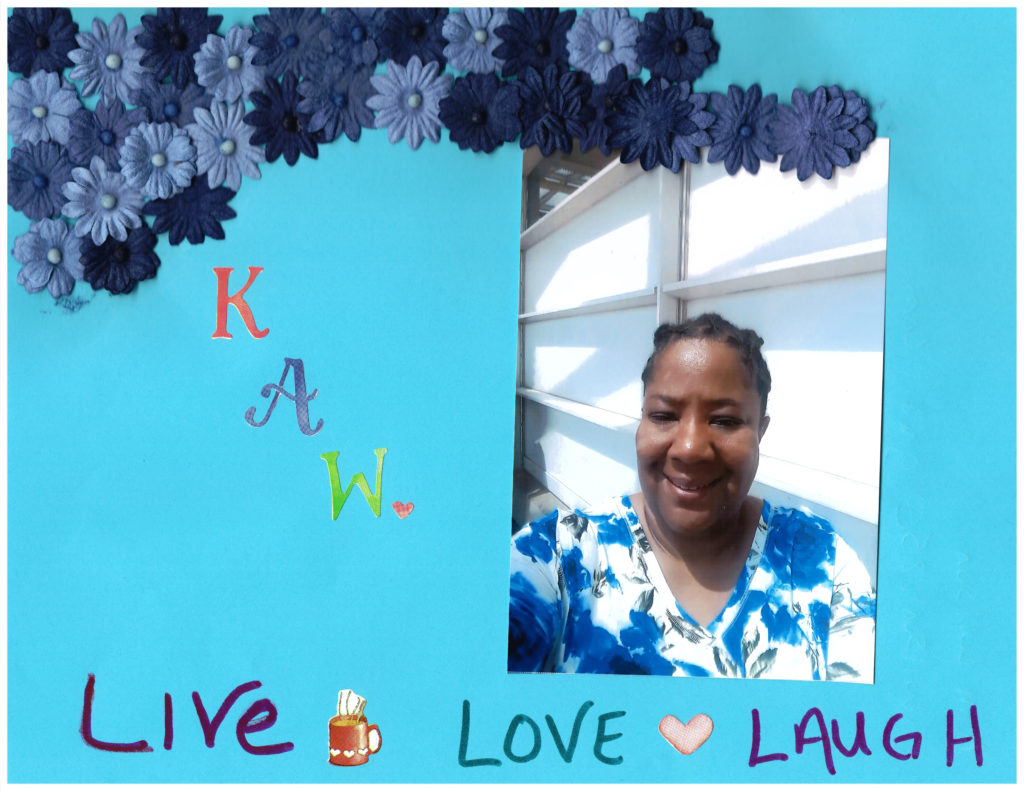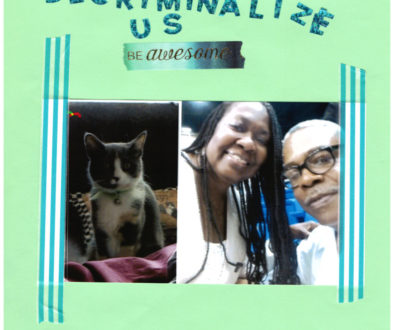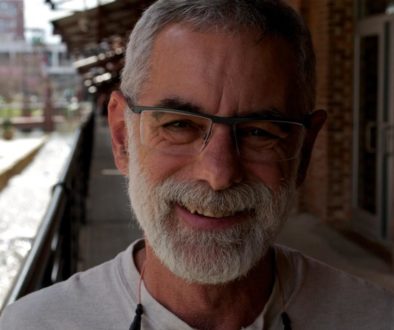
What is your name and where are you from?
Kimberly Wilson (Kim). I live in, Boston, MA
When were you involved with the ACTG, and what are some of the things you’ve done as a member?
I have been a member of the ACTG for the last 7/8 years, since about 2011/2012. During that time, I have told people in my community and in other states about studies happening at my local site. My CAB has given me the ability to participate in different community events from telling people about our CAB & studies at community events and had the opportunity to speak on different panels about what we do.
Describe your community
I represent the underrepresented populations in my community: Women of Color, Cisgender women, Latino population & Trans-people. The communities I represent are made up of people whose voices are marginalized most of the time.
Why are you involved in HIV or TB activism?
I see that in the area where I live, women of color are asked to participate in studies but I rarely see them at the table learning about why studies are taking place or the background information behind the study. I see men at those tables all the time. I will be the voice for women.
Also, I get to learn about different studies that affect people in my community and have the opportunity to contribute my perspective and opinion about studies.
What are the most important treatment issues to your community?
Getting the word out about PrEP is important, especially if we are going to get to zero new infections by 2030.
How do you want your work in the ACTG to be remembered?
I want to be remembered as someone who was the voice for women and other people that belong to underrepresented population. I want to be known as someone that came and worked to help improve things for everyone.
What are your future hopes for the ACTG and HIV research?
I hope that this work continues, that we can find away to have all populations work together to improve the lives of people that are living with HIV. By doing this everyone will benefit. I hope that we find a way to communicate with people that participating in ACTG research can improve the lives of people living with HIV.



